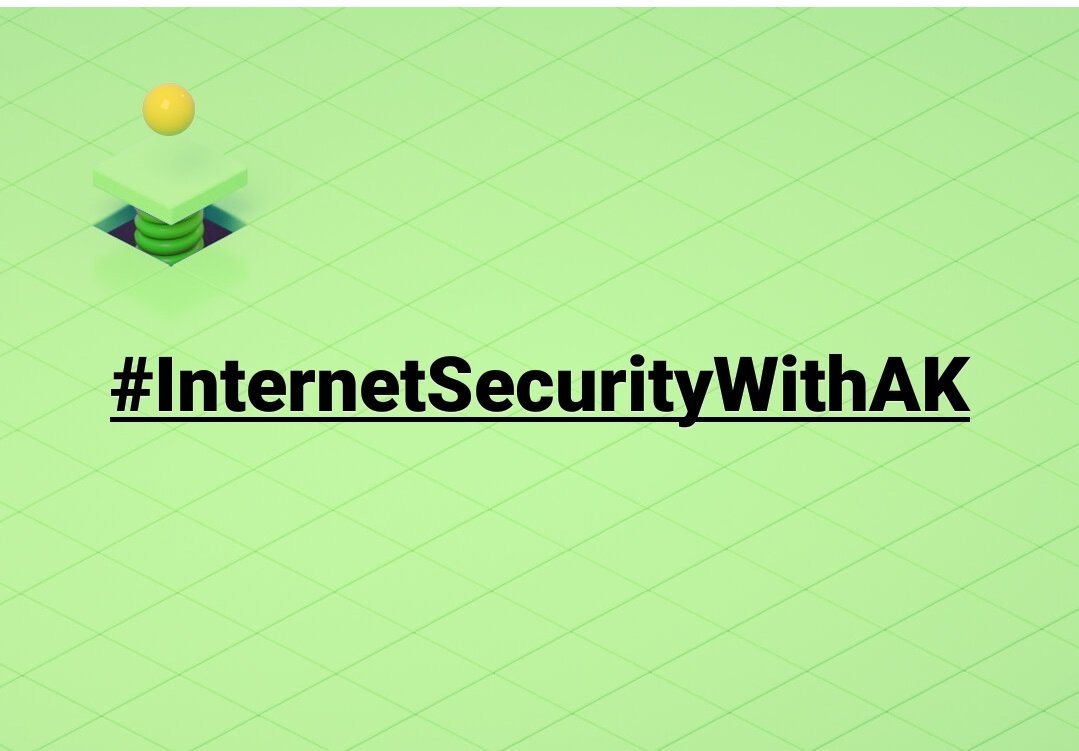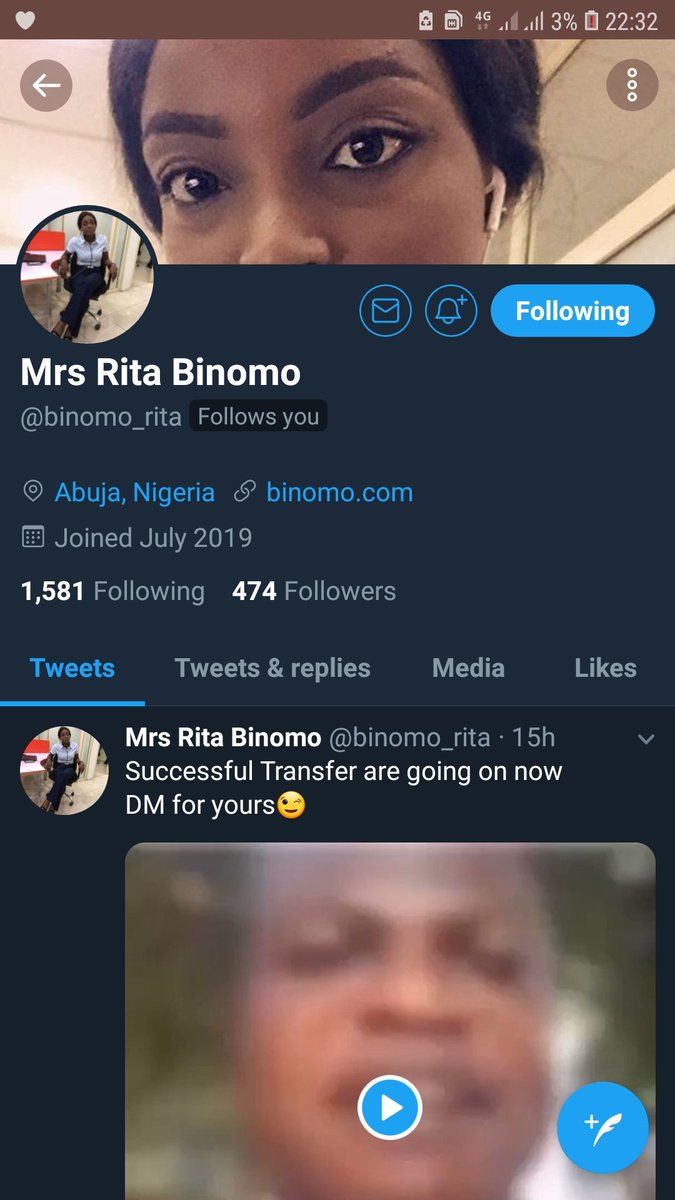Or this thread:
At the time of tweeting, 100% of participants say they take meds in addition to their antipsychotics!
No Criminal Minds spoilers please, I'm only on season 10. #SchizoChat




Keep Current with Schizo Scientist
This Thread may be Removed Anytime!
Twitter may remove this content at anytime, convert it as a PDF, save and print for later use!

1) Follow Thread Reader App on Twitter so you can easily mention us!
2) Go to a Twitter thread (series of Tweets by the same owner) and mention us with a keyword "unroll"
@threadreaderapp unroll
You can practice here first or read more on our help page!






